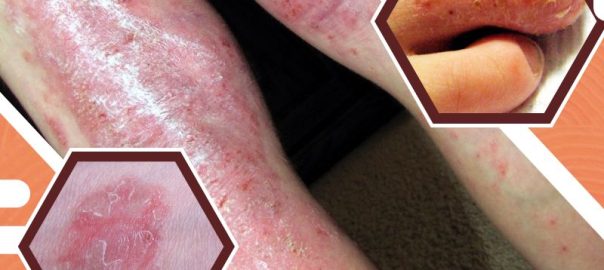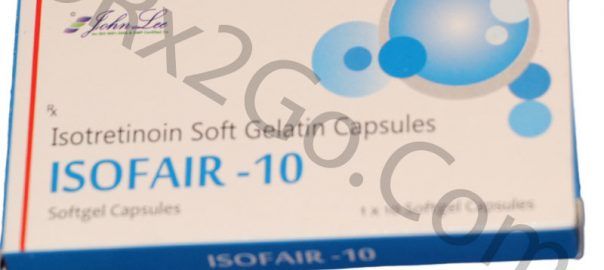Rashes are abnormal changes in skin color or texture. They usually result from skin inflammation, which can have many causes. There are many types of rashes including:
- Eczema – a general term that describes several different conditions in which skin is inflamed, red, scaly, and itchy. Eczema is a common skin condition, and atopic dermatitis is one of the most common forms of eczema.
- Granuloma Annulare – a chronic skin condition that consists of a circular-shaped rash with reddish bumps.
- Lichen Planus – a common skin disorder that produces shiny, flat-topped bumps. Lichen planus can show up anywhere on the skin but often affects the insides of your wrists and ankles, your back, your lower legs, and your neck.
- Pityriasis Rosea: a common skin rash that usually is mild. The condition often begins with a scaly, pink patch of skin on your chest or back. Next, you’ll notice one patch of pink skin quickly followed by more. Your skin will be itchy or inflamed.
Causes of Skin Rashes
Rashes come in many forms and common causes include bodily infections, contact dermatitis, and allergic reactions to taking medication. They can be moist, dry, bumpy, cracked, smooth, or blistered. They can be painful, itch, and even change color. Rashes affect millions of people across the world. Some rashes may need no treatment and will clear up on their own, some can be treated at home and others might be a sign of something more serious.
Risk Factors of Skin Rashes
- Certain medication reactions
- Allergic reaction (drug reaction, food or animal allergy)
- Prolonged exposure to heat or irritants
- Insect bites (spider, mosquito, tick, or flea,)
Symptoms of Skin Rashes
If a rash occurs with the following symptoms, it is important to visit a doctor:
- Tender regions near the rash
- A large collection of pus
- A sore throat
- Red streaks near the rash
- Pain in joints
- If you have had a recent animal or insect bite
Even though the majority of rashes are not a major cause for concern, anyone experiencing the following symptoms should go to the hospital straight away:
- Severe pain in the neck or head
- Repeated vomiting or diarrhea
- Quickly changing coloration on the skin
- High fever
- Confusion
- Difficulty breathing or feeling like the throat is closing up
- Increasing pain or severe pain
- Dizziness
- Swelling of the face or extremities
Treatment for Skin Rashes
There’s no certain way on how to prevent skin rashes, but you can do things to improve your symptoms:
- Moisturize often
- Avoid situations that cause sweating and overheating
- Avoid sudden changes in temperature or humidity
- Avoid scratchy materials and chemicals such as harsh soaps, detergents, and solvents
- Reduce stress
Medicine for Skin Rashes






